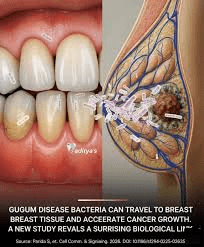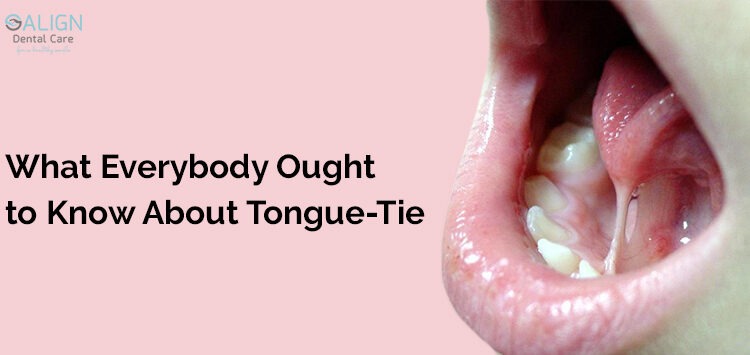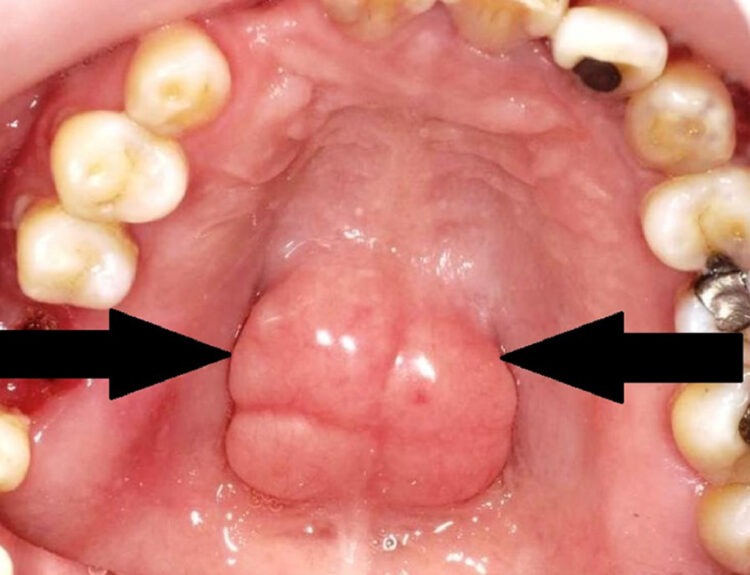To maintain optimal oral health, effective toothbrushing is essential. It is an effective measure to eliminate dental biofilm (plaque) from the teeth surfaces and efficient biofilm removal prevents gum diseases and tooth decay. According to softness of brush bristles, various types of brushes are available on the market. For the majority of brush users, a soft-bristled toothbrush is the most comfortable and safest choice. Vigorous brushing or use of hard bristled brushes permanently damage the tooth enamel. Dentists recommend brushing for two minutes, twice per day—after breakfast in the morning and before bedtime at night.
Toothbrushing less than two minutes does not effectively remove plaque from the teeth which may cause plaque-based diseases. Brushing more than twice a day or longer than 2 minutes, at a time is also destructive for the gums and enamel.
Read our full disclaimer.




